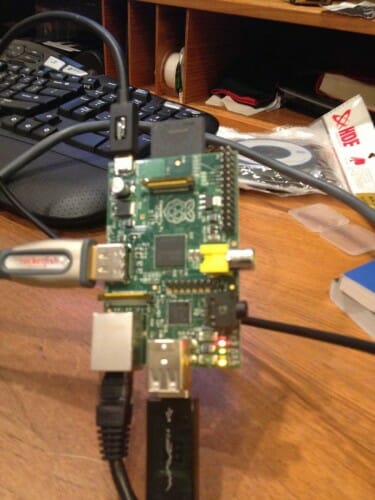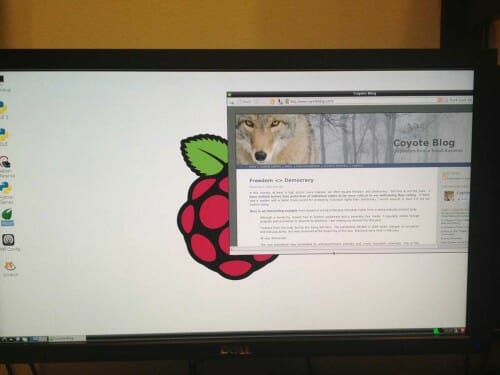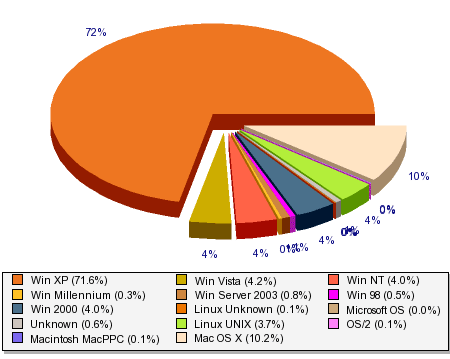Things They Don't Tell iPhone Owners
Well, I just switched from my old iPhone 4 to a Droid Turbo**, a Motorola phone that runs Android rather than iOS.
Here is what they never tell you -- Apple has devised a very clever way to make leaving the iOS world really, really painful. Specifically, when you send a text message on an iPhone, unless you fiddled with the default settings, it gets sent through iMessage and the Apple servers. If it is going to another iPhone, it can actually bypass the carrier text messaging system altogether, a nice perk back when texts were not unlimited but useful today mainly for international travel.
But here is the rub -- when you switch you phone line away from an iPhone to an Android device, the Apple servers refuse to recognize this. They will think you still have an iPhone and will still try to send you messages via the iMessage servers. What this means in practice is that you can send messages from the new phone to other iPhones, but their texts back to you will not reach you. They just sort of disappear into the ether, and will try forever to be delivered to your now non-existent iPhone.
This is as good a guide as I can find for the problem, and better than what any Apple employee will tell you. There are two solutions for this. Apparently, you can go to every one of your friends and tell them to delete every text they ever sent you and delete you from their phone books and apparently new texts they send you will then skip the iMessage system and get to your phone. The only problem is that I can't replicate this. I spent hours with my family's iPhones today removing every text message from my number and every reference to me in their phone books. But no dice. Their texts still do not reach me. Sigh.
The second solution is to call Apple and ask to have your number removed from the iMessage servers. This was not possible even a few months ago, but there is a large class action lawsuit against Apple on this topic so they seem to at least have trained their customer service staff on this issue, finally. I called and they readily removed me from the server, but with this caveat -- it wouldn't take effect for 30 days. I told the rep that this was patently absurd, and she agreed. But 30 days it will be. So no matter what I do, every single person in my contact list who has ever texted me from an iPhone is going to think they are texting me but in fact have their texts fly off into the ether. For 30 days.
This is clearly absurd, and folks thinking of switching to Apple should understand just how hard it is to reverse that decision.
PS- I have always been amazed at all the goodwill Apple gets for being somehow friendlier and more open to creative individuals than Microsoft. To me, Apple's philosophy is to host a closed totalitarian world, while Microsoft and Google (admittedly full of foibles and their own issues) have far more open platforms. Linux guys will laugh at that, but compared to Apple, Microsoft is free love in the park.
** reasons why: I live in the Google world of Google Drive and Apps, so the OS choice is a natural. I have never figured out iCloud. I don't care about design elegance, which is good because this phone is as elegant as a brick. It has a stupid large battery (it may be a tad heavy but it is way lighter than with all you guys that have mophie battery cases on your iphones). It has fast-charging as well as wireless charging, a good screen, a decent camera, and a fast processor. It also has a light touch on OS add-ons so it is close to stock android without all the overhead of custom skins and it will be among the first phones to get Android updates (solving the #1 problem of Android over iOS, which is the proliferation of versions across handsets and carriers that slows upgrades). The only thing it is missing is a memory expansion card port, though you can get it in 64GB which always has been plenty for me. The only question left is why carriers have to design their phones, these $600 devices that can't be dropped, with super-slick back covers. The new HTC One M8 is like holding a bar of wet soap. They all do this, except the Moto X which has a bamboo back that is awesome to hold.




